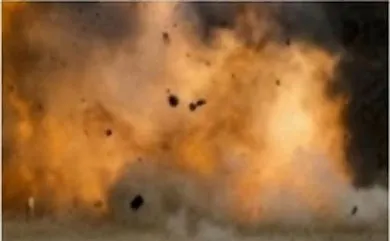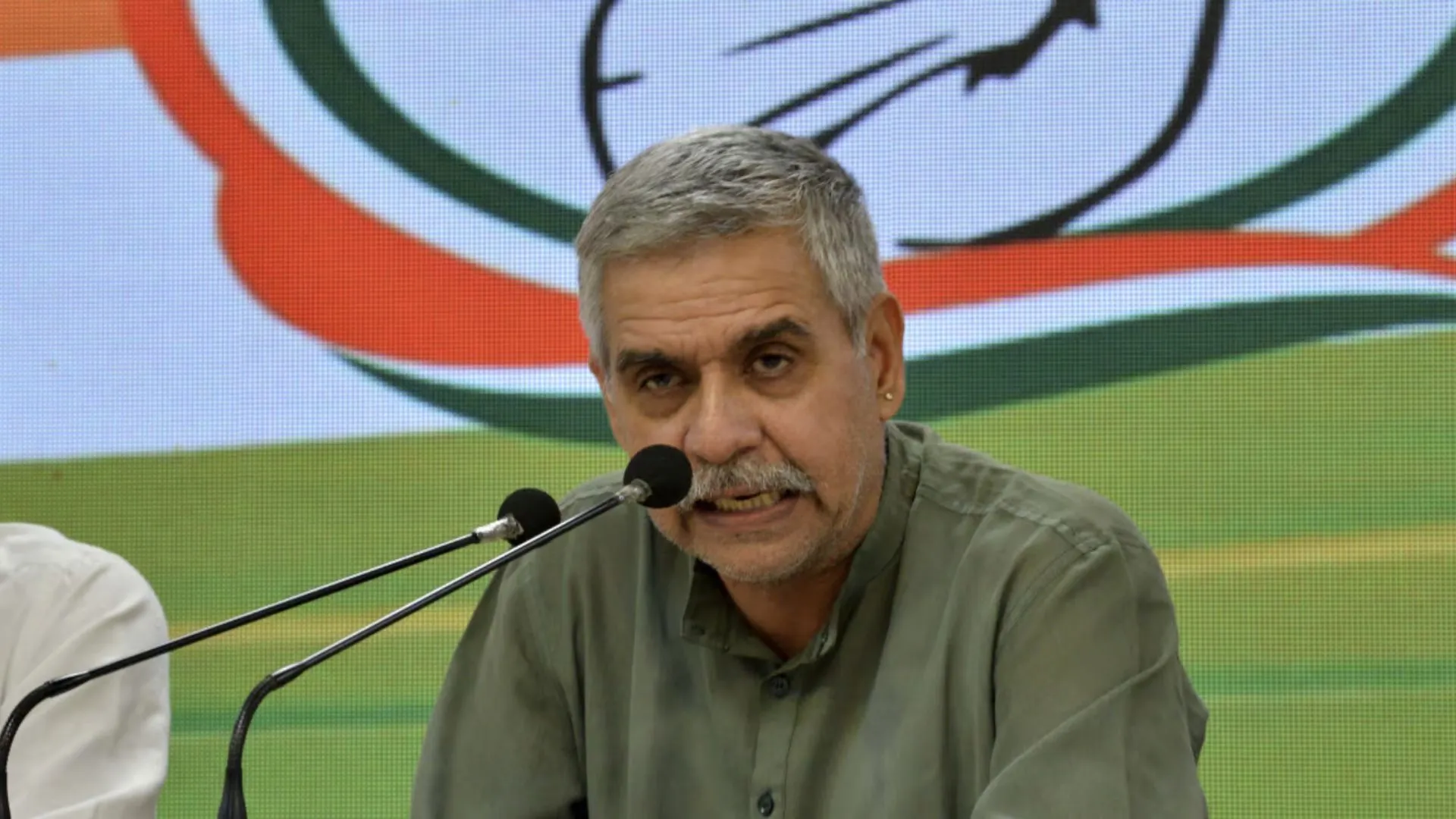Rival Palestinian factions Hamas and Fatah have signed a declaration to form an interim “national reconciliation government” for the occupied West Bank and Gaza. The agreement, brokered by China, was announced by China’s foreign minister and Hamas officials following three days of talks in Beijing. Representatives from 12 other Palestinian factions also pledged to work towards unity.
Historical Context and Recent Developments
This latest reconciliation attempt is part of a series of deals aimed at bridging the long-standing rift between Hamas and Fatah. Despite previous agreements, the deep division that began in 2007 persists. In that year, Hamas took control of Gaza after violently expelling Fatah, following Palestinian President Mahmoud Abbas’s dissolution of the Hamas-led unity government formed after Hamas’s electoral victory in 2006.
Since the war with Israel began on October 7, Hamas has lost control in Gaza. The conflict was ignited by Hamas’s unprecedented attack on Israel, which resulted in approximately 1,200 Israeli deaths and 251 hostages taken to Gaza. The Hamas-run health ministry in Gaza reports that more than 39,000 Palestinians have died due to the Israeli offensive.
Statements from Key Figures
Hamas spokesman Hossam Badran called the declaration “an additional positive step on the path to achieving Palestinian national unity.” He highlighted the agreement’s focus on Palestinian demands for ending the war, including a ceasefire, a complete withdrawal from the Gaza Strip, relief, and reconstruction. The declaration aims to establish a national consensus government to manage Gaza and the West Bank, supervise reconstruction, and prepare for elections.
Fatah has yet to comment officially on the declaration, but its representative Mahmoud al-Aloul expressed gratitude to China for its support of the Palestinian cause.
Israel’s Reaction
Israel quickly dismissed the Beijing declaration. Israeli Foreign Minister Israel Katz accused Palestinian President Mahmoud Abbas of aligning with Hamas, stating, “Instead of rejecting terrorism, Mahmoud Abbas embraces the murderers and rapists of Hamas, revealing his true face.” Katz asserted that Hamas’s rule will be destroyed and that Abbas will remain distant from Gaza, maintaining that Israel’s security will be controlled solely by Israel.
China’s Role and Diplomatic Ambitions
Despite previous unsuccessful reconciliation attempts, China remains committed to fostering peace in the Israel-Hamas conflict and sees Palestinian unity as crucial. Chinese Foreign Ministry spokesperson Mao Ning emphasized the strong relationship between China and Palestine and pledged continuous support for unity and reconciliation efforts.
Chinese Foreign Minister Wang Yi outlined a three-step plan addressing the Gaza conflict: promoting a lasting ceasefire, supporting Palestinian self-governance, and recognizing Palestine as part of a two-state solution with full UN membership.
China’s support for Palestinian causes dates back to the era of Mao Zedong and continues under President Xi Jinping, who has called for an independent Palestinian state. China’s recent diplomatic efforts include hosting Arab leaders and sending top diplomats to the Middle East.
The Beijing-brokered declaration reflects China’s ambitions to play a more active role in international politics. Last year, China successfully mediated a reconciliation between Iran and Saudi Arabia, highlighting its vision of a Chinese-led global order in contrast to US leadership.
Global Implications
The ongoing conflict and the new Palestinian unity agreement have significant implications for regional stability and international relations. As China seeks to expand its influence and present an alternative to US hegemony, its role in mediating the Israel-Hamas conflict will be closely watched by global leaders.























